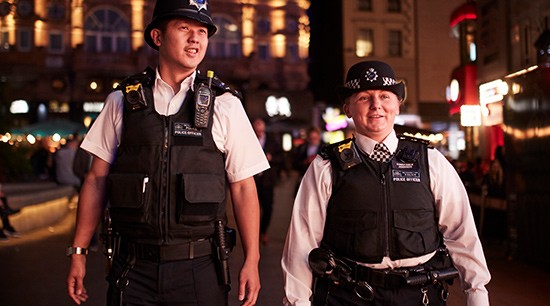By Ben Kerrigan-
Met Officers on the Special Enquiry Team have began interviewing up to 100 witnesses , after spending the past seven weeks investigating allegations that a string if events in 2020 and 202 1 broke lockdown laws.
The Metropolitan Police today revealed more than 100 questionnaires had so far been sent out to those thought to have been involved, asking about their alleged involvement. When the senior civil servant Sue Gray published her first report on Partygate (or “update” as she called it, in recognition of the fact that she was not able to publish enough information to constitute a proper account), she implied the evidence submitted to the police was relatively damning.
The Officers have spent the past seven weeks investigating allegations that a string if events in 2020 and 20201 broke lockdown laws.
She said she had found “extensive substantive factual information” which she had passed to police and that it showed there was a “serious failure” to observe the standards expected of the entire population during lockdown.
The police later revealed that they had received more than 300 photographs and 500 pages of documents from her. But, if there have been no fines issued yet, then the “evidential threshold” has not yet been reached. Perhaps that is because the evidence is still be assessed. Or perhaps it is because the “evidential threshold” for a fine is deemed to be higher than generally thought.
The Met has suggested that this investigation is particularly complicated. It says:
This investigation involves a significant amount of investigative material; the serving of over 100 questionnaires and the need to individually assess every response. The offences under consideration comprise a number of elements and the legislation itself changed between the event dates. We are progressing the investigation as quickly as possible.
The Met has not yet obtained enough evidence to justify imposing a fixed-penalty notice on anyone, it suggests. It says:
As yet, we have not made any referrals to the ACRO Criminal Records Office for the issuing of fixed penalty notices. However, every questionnaire response is being assessed alongside all available evidence, and should this reach the evidential threshold, then referrals will be made.
This suggests that, of the more than 100 people who have been sent a questionnaire, not one person has written back admitting to haven broken the rules.
It also may imply that the police are having difficulty reaching the “evidential threshold”. When the senior civil servant Sue Gray published her first report on Partygate (or “update” as she called it, in recognition of the fact that she was not able to publish enough information to constitute a proper account), she implied the evidence submitted to the police was relatively damning. She said she had found “extensive substantive factual information” which she had passed to police and that it showed there was a “serious failure” to observe the standards expected of the entire population during lockdo




